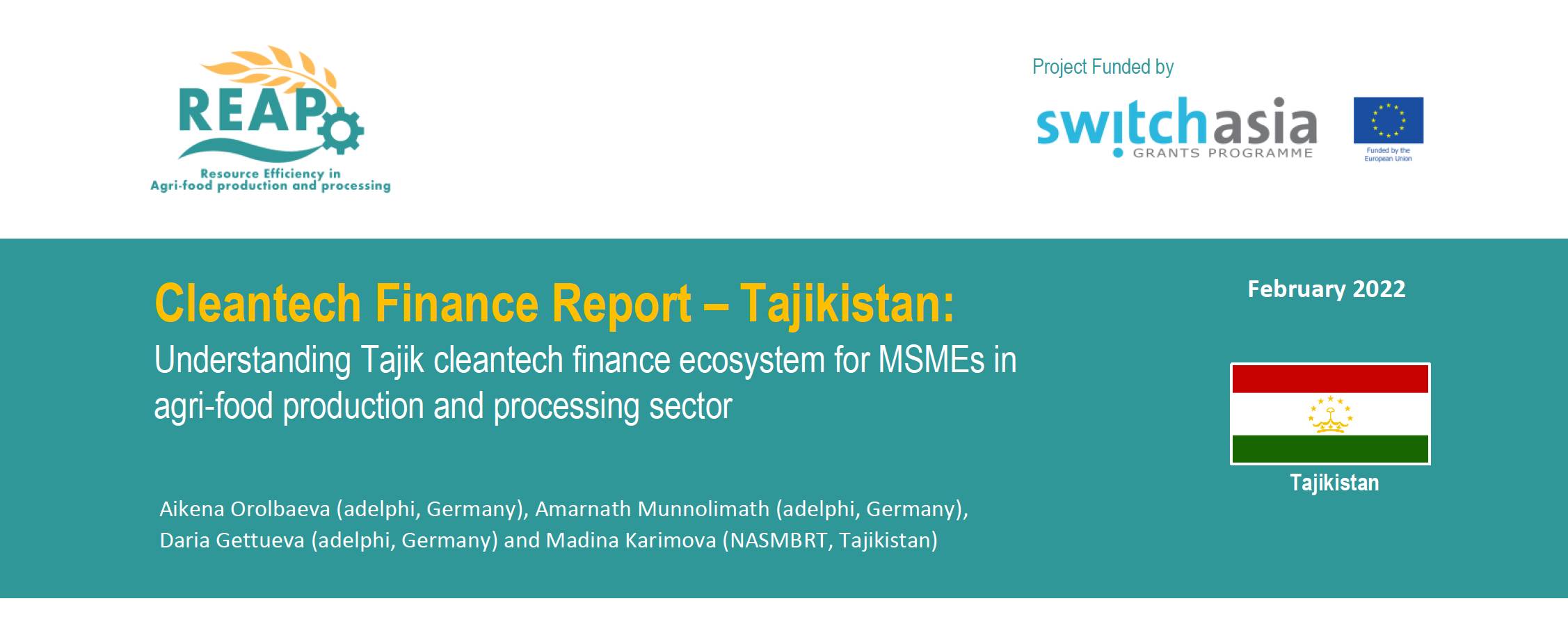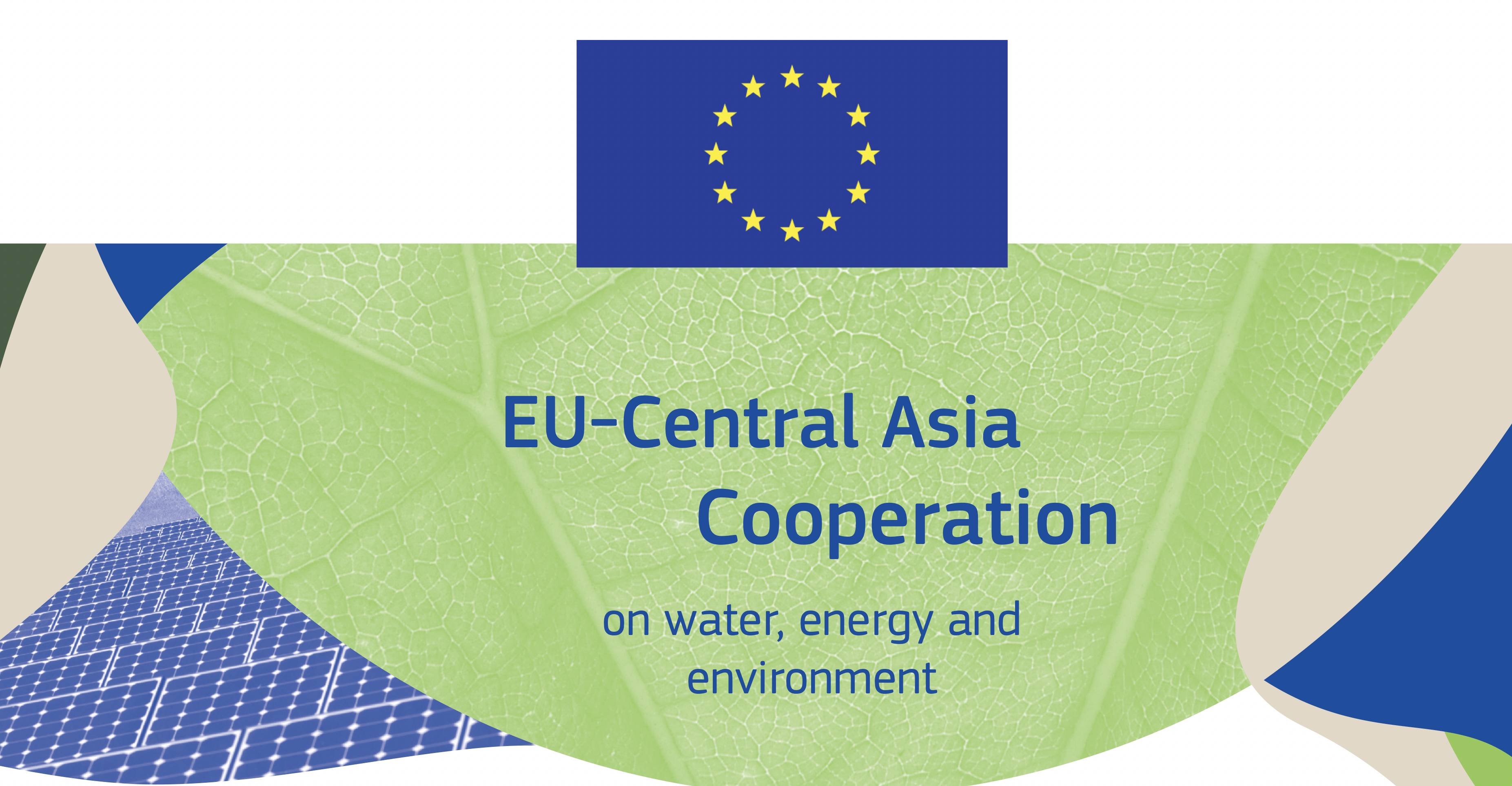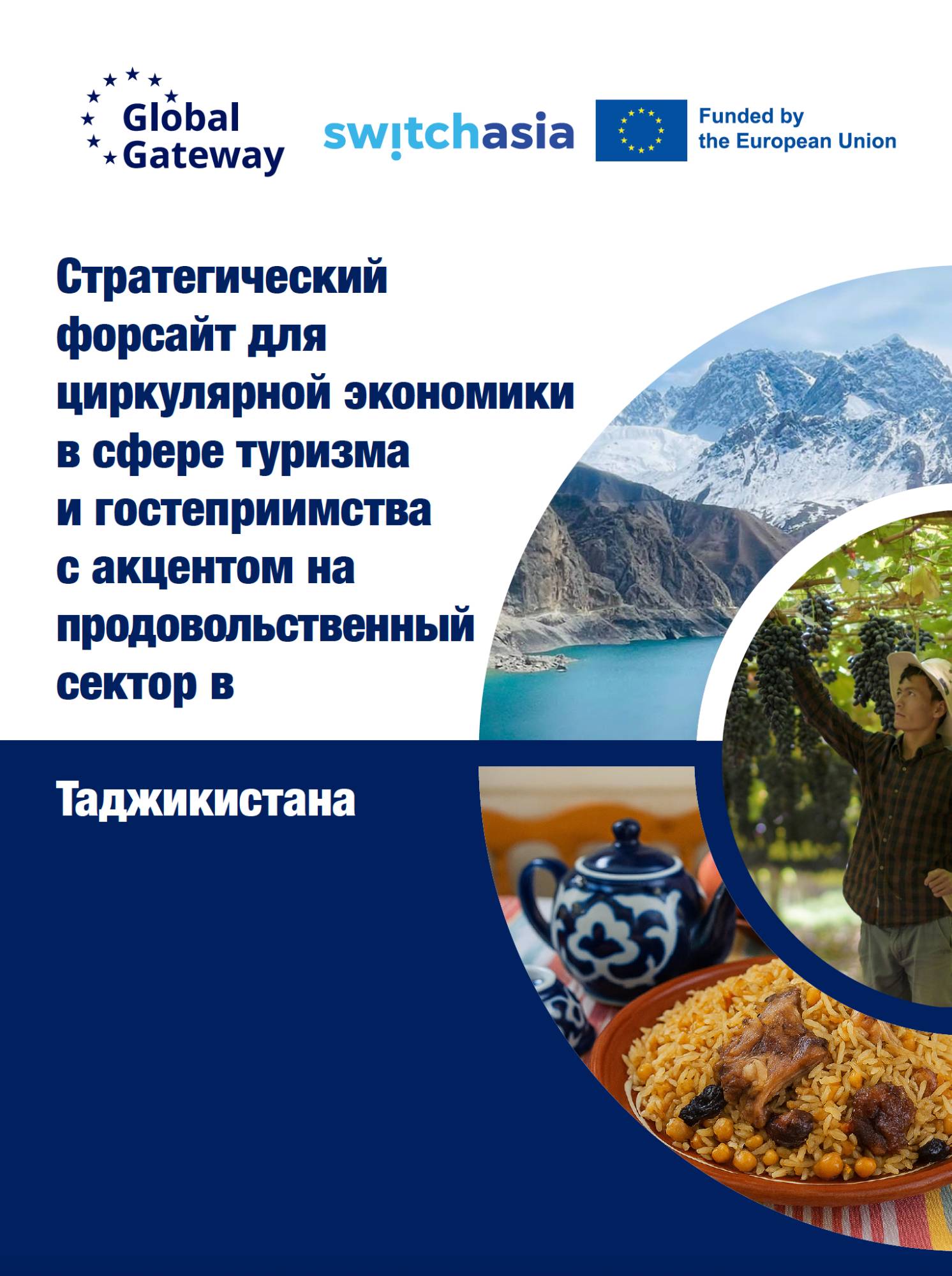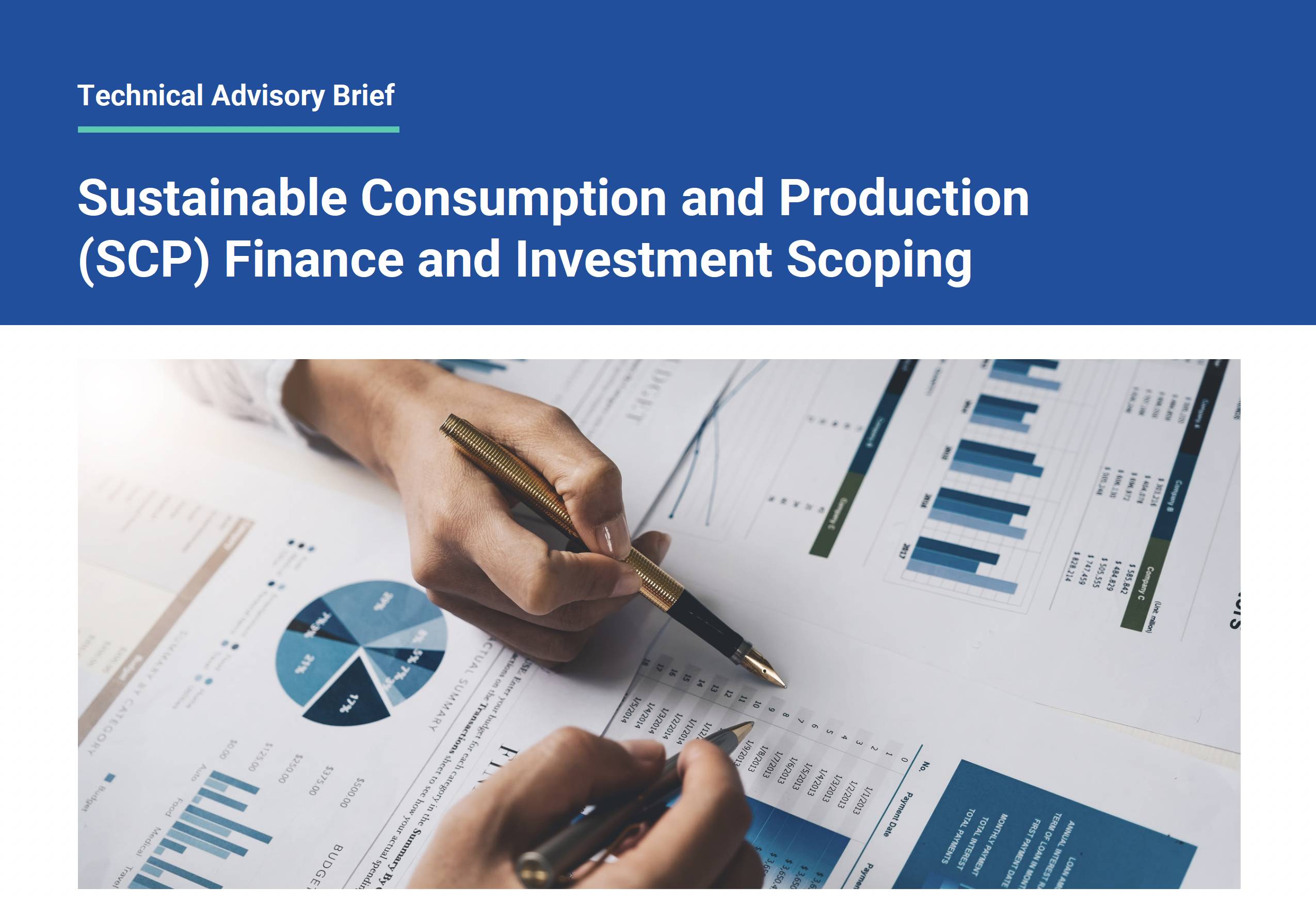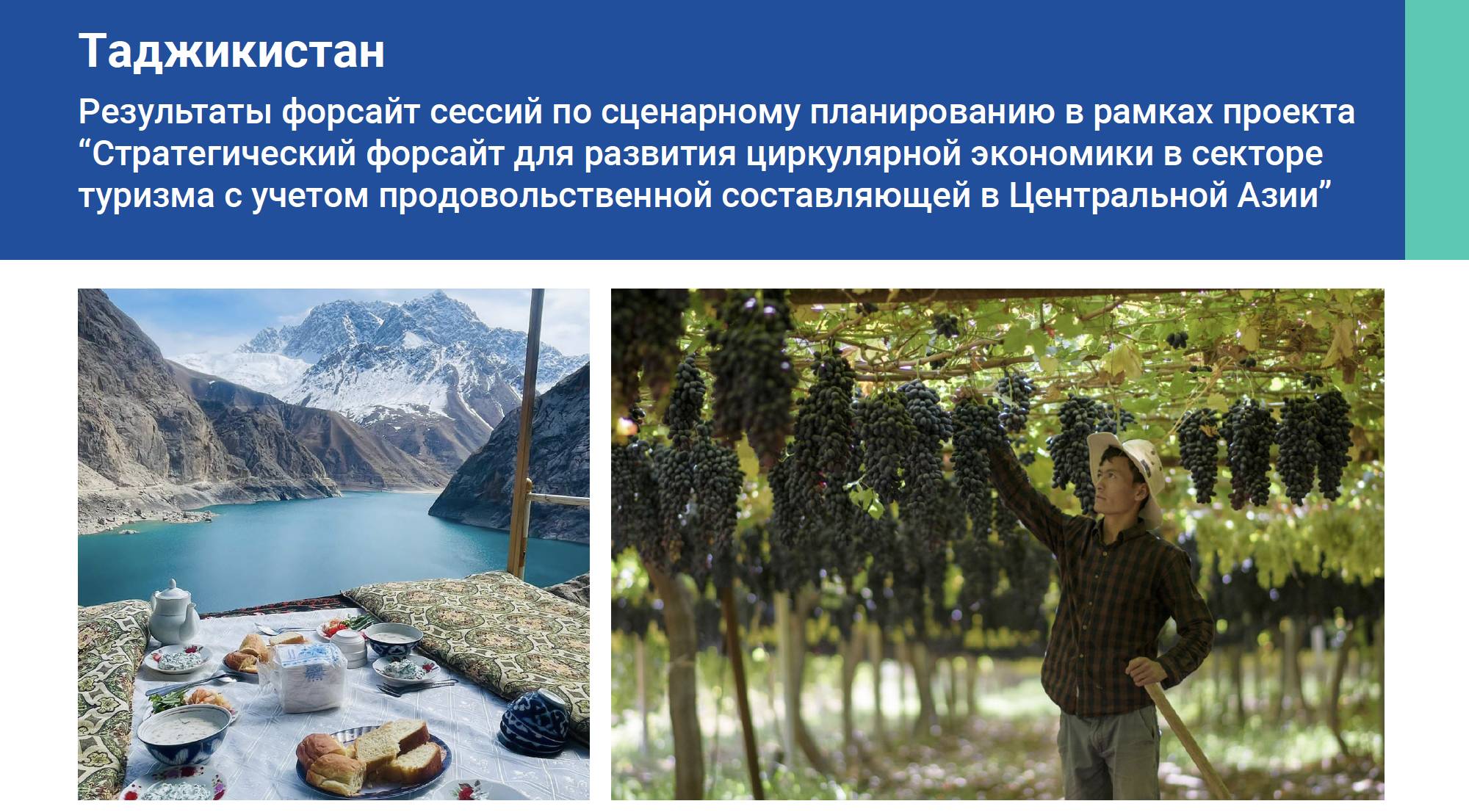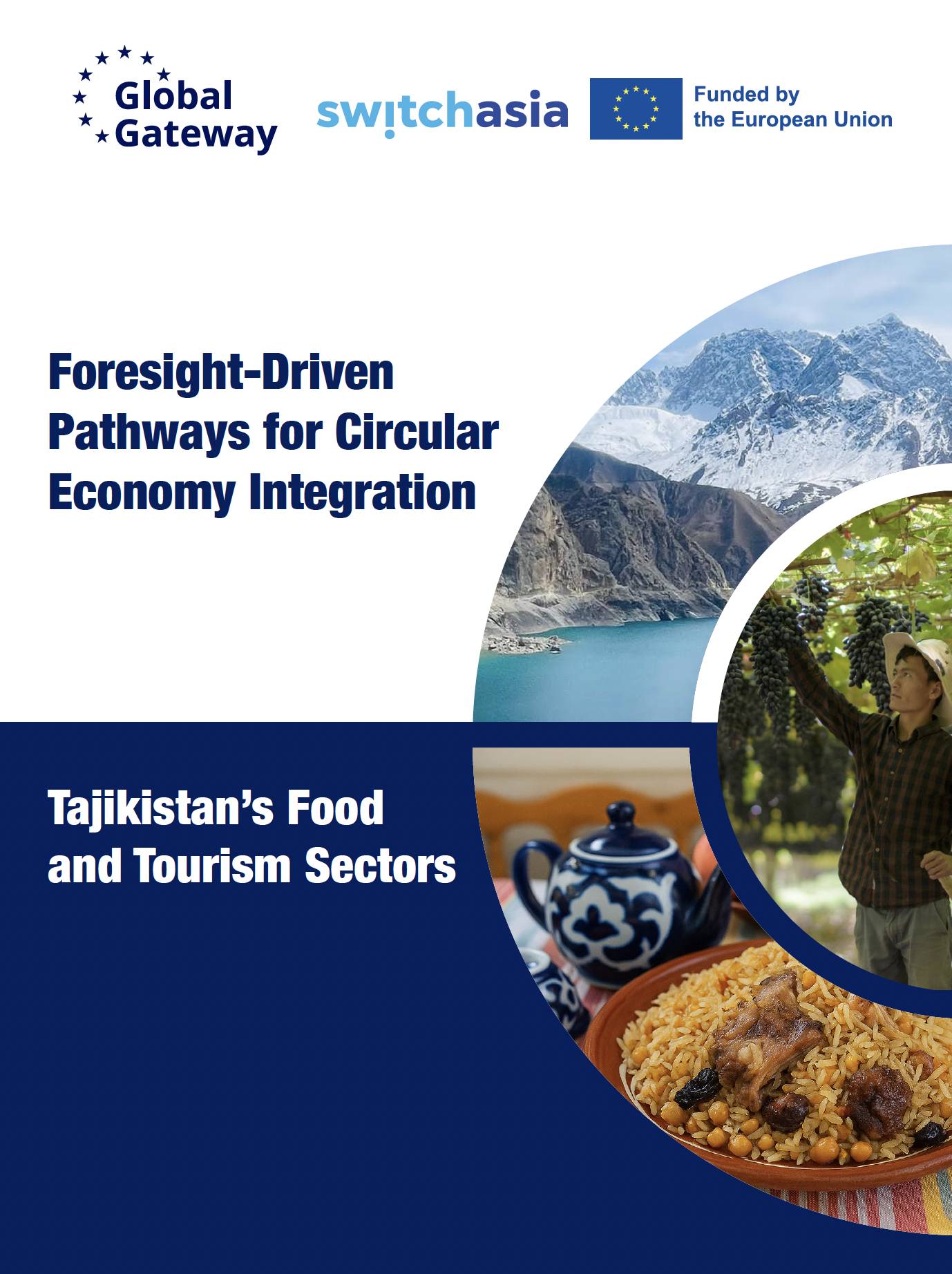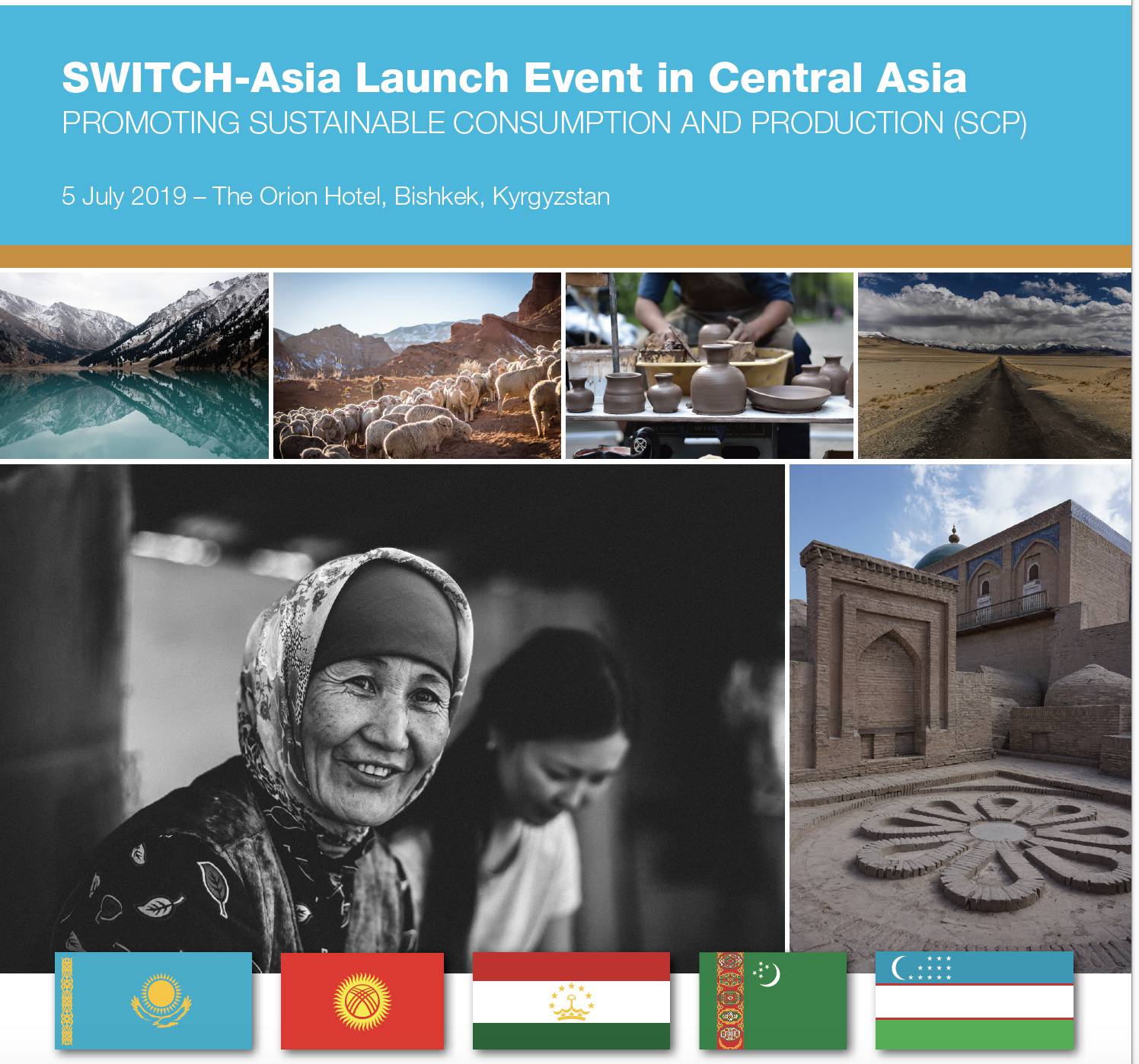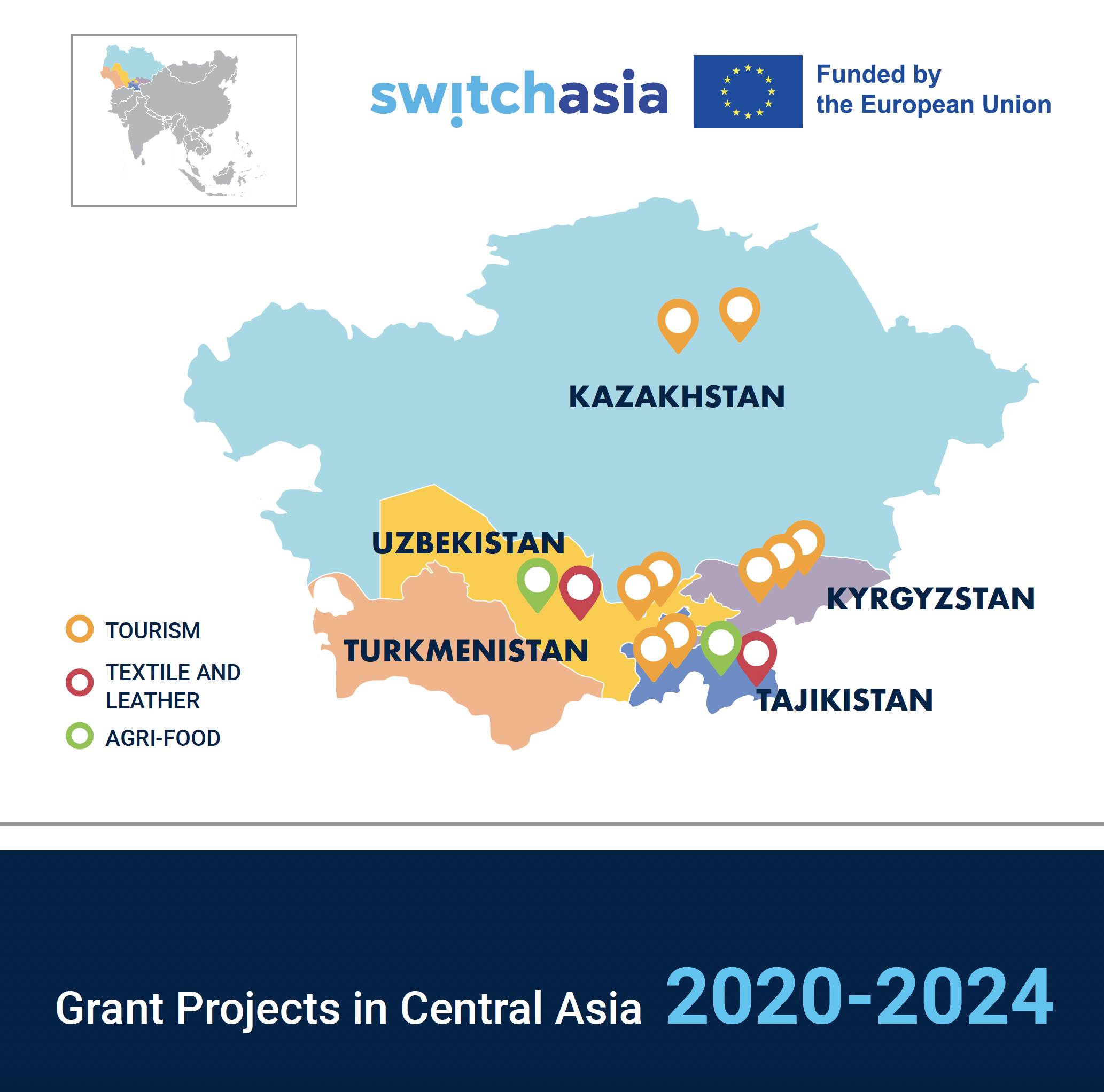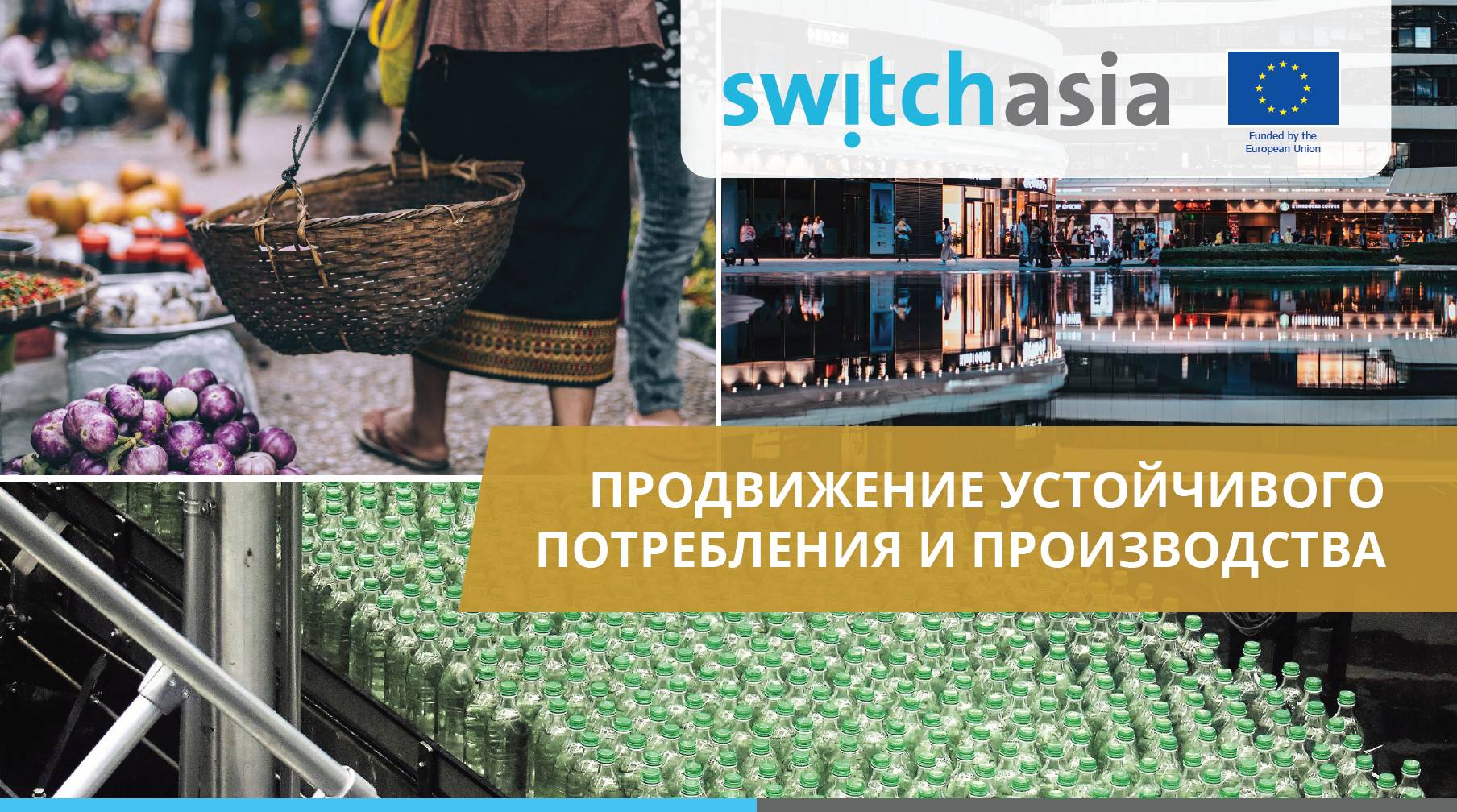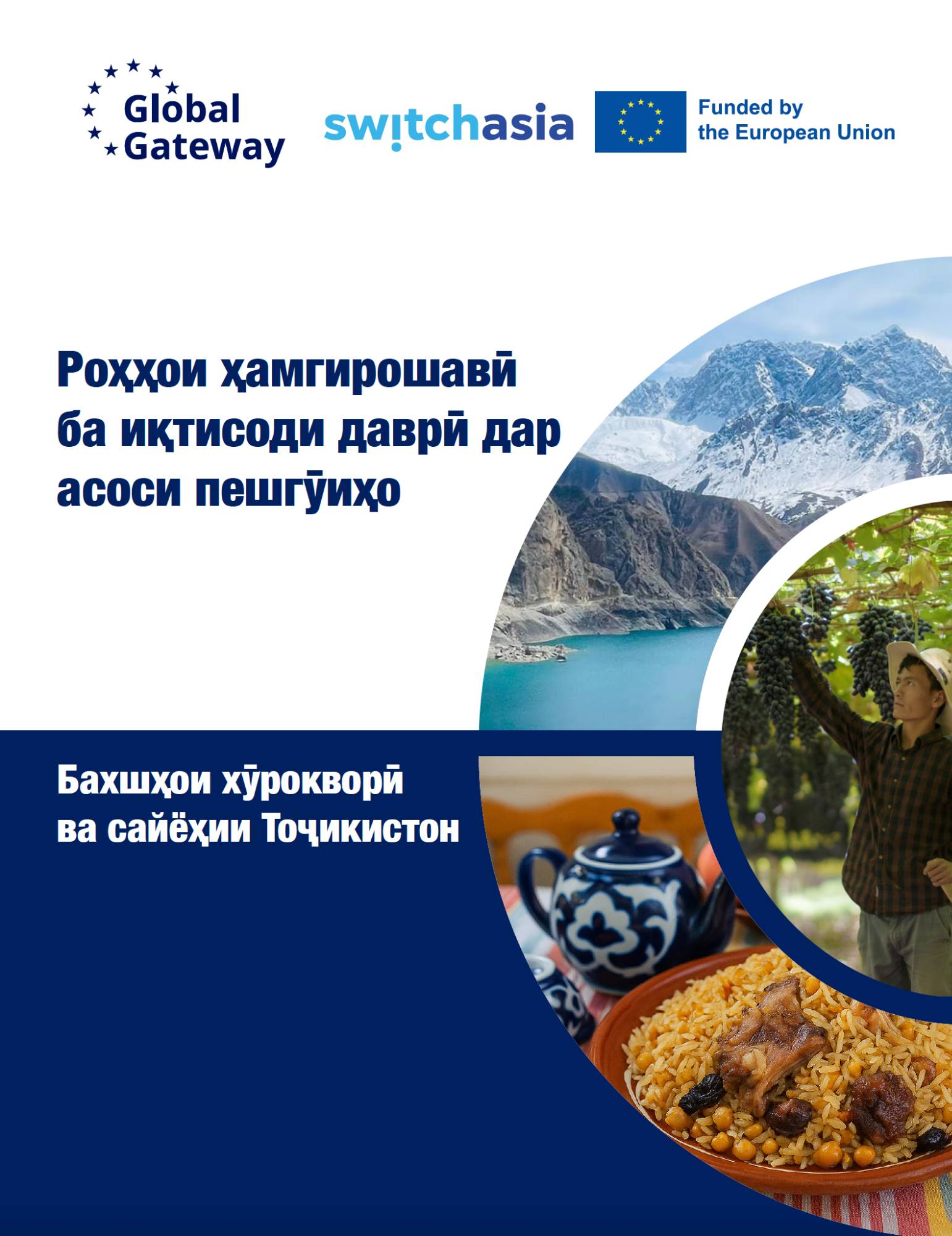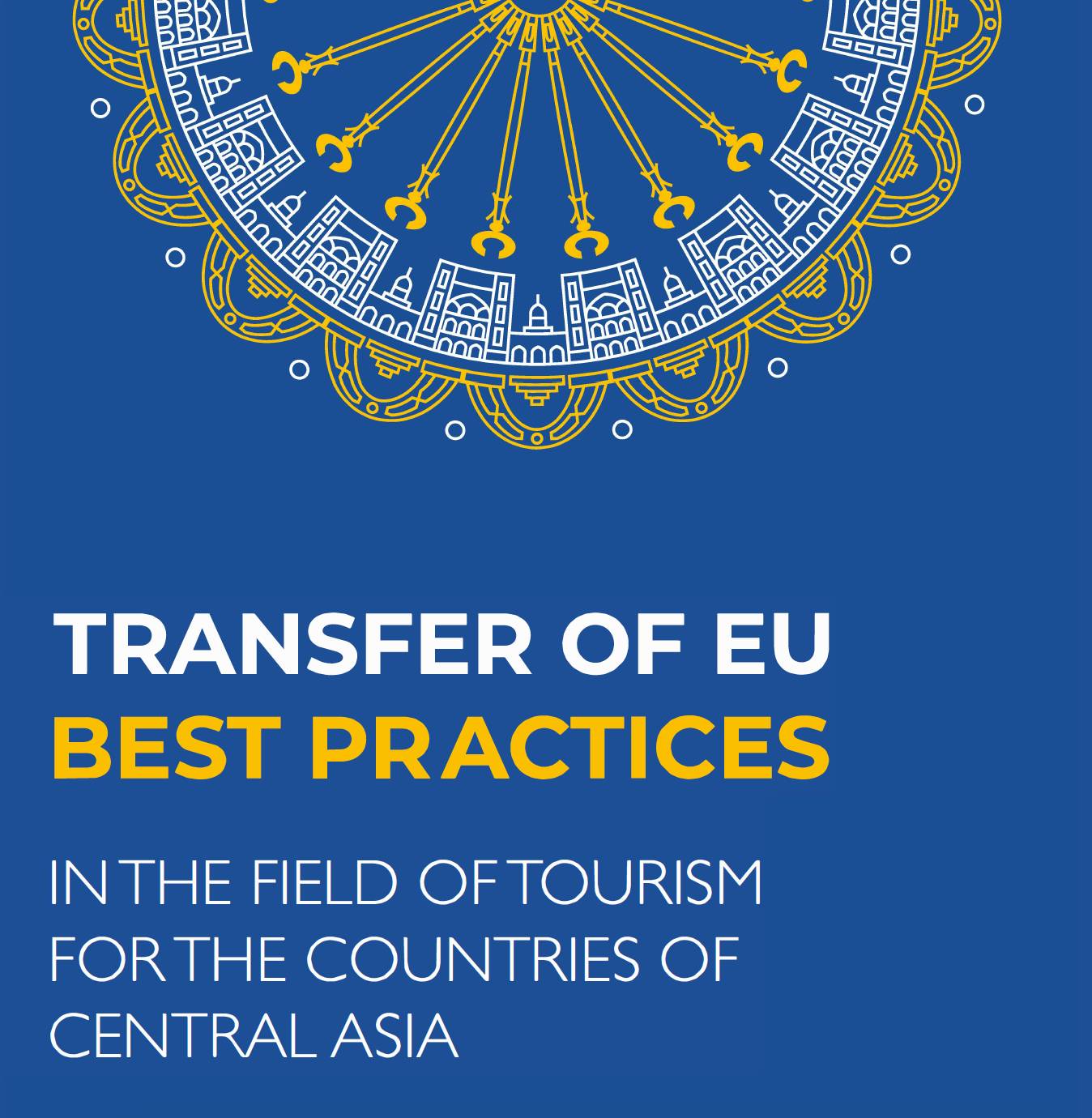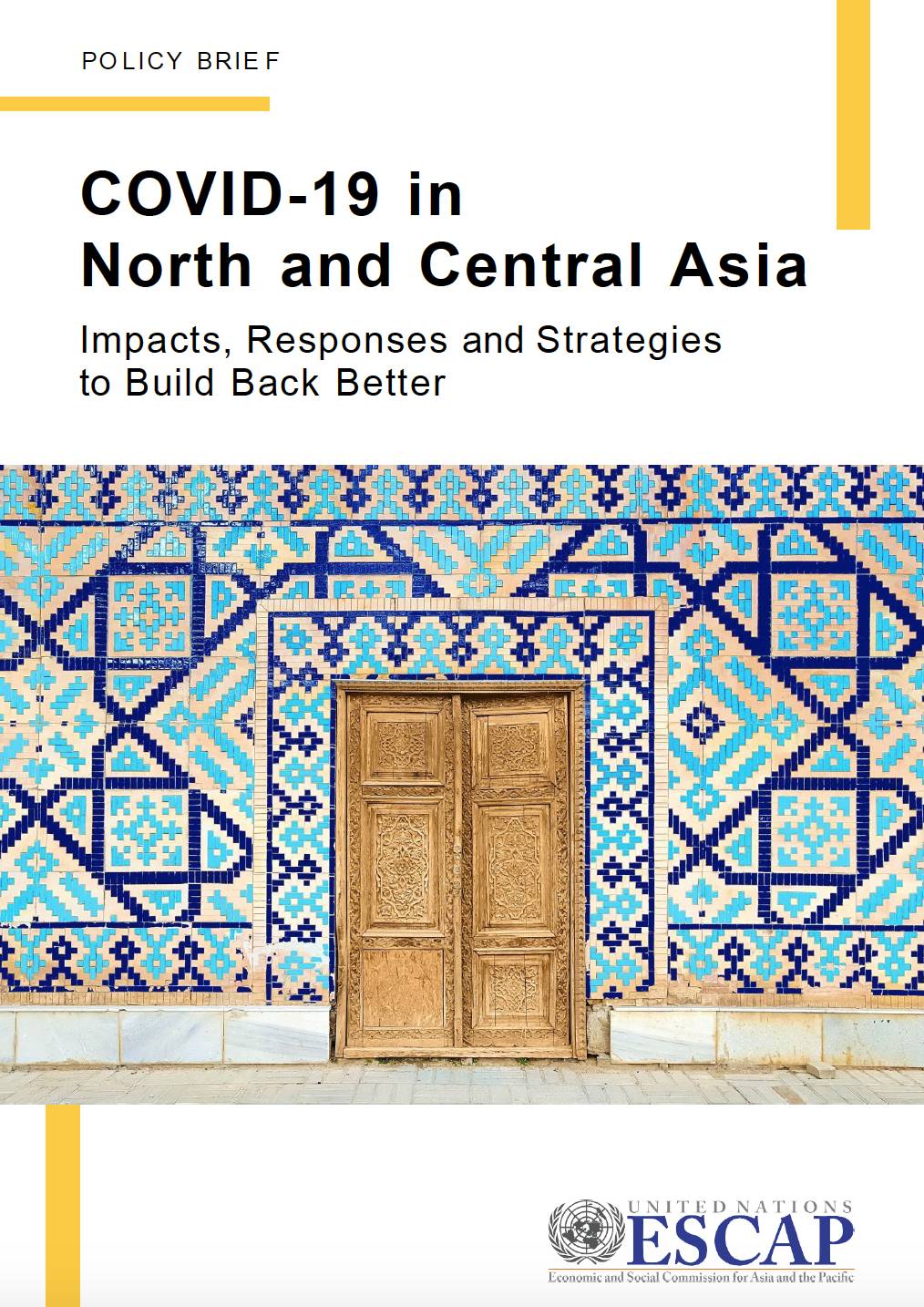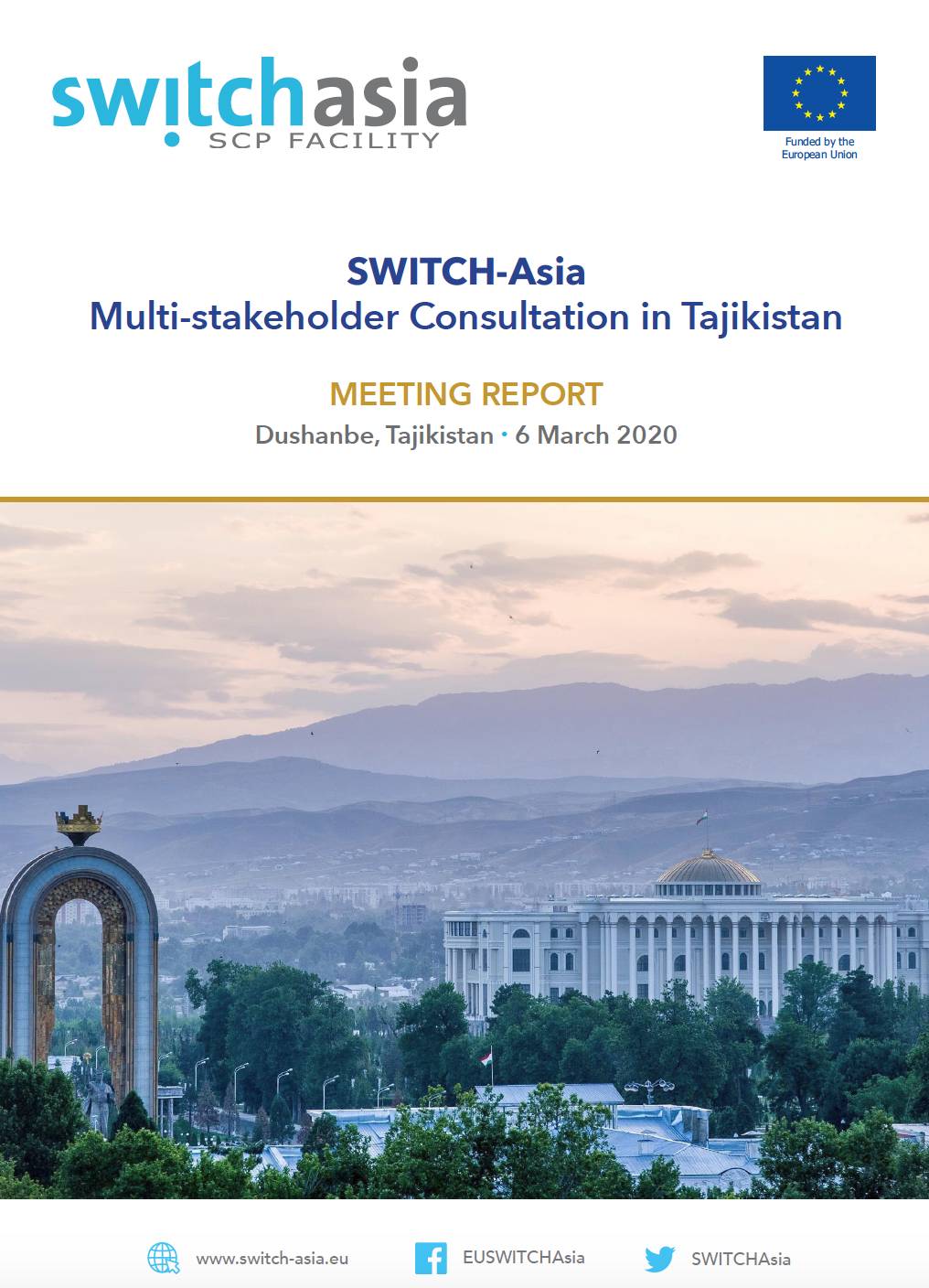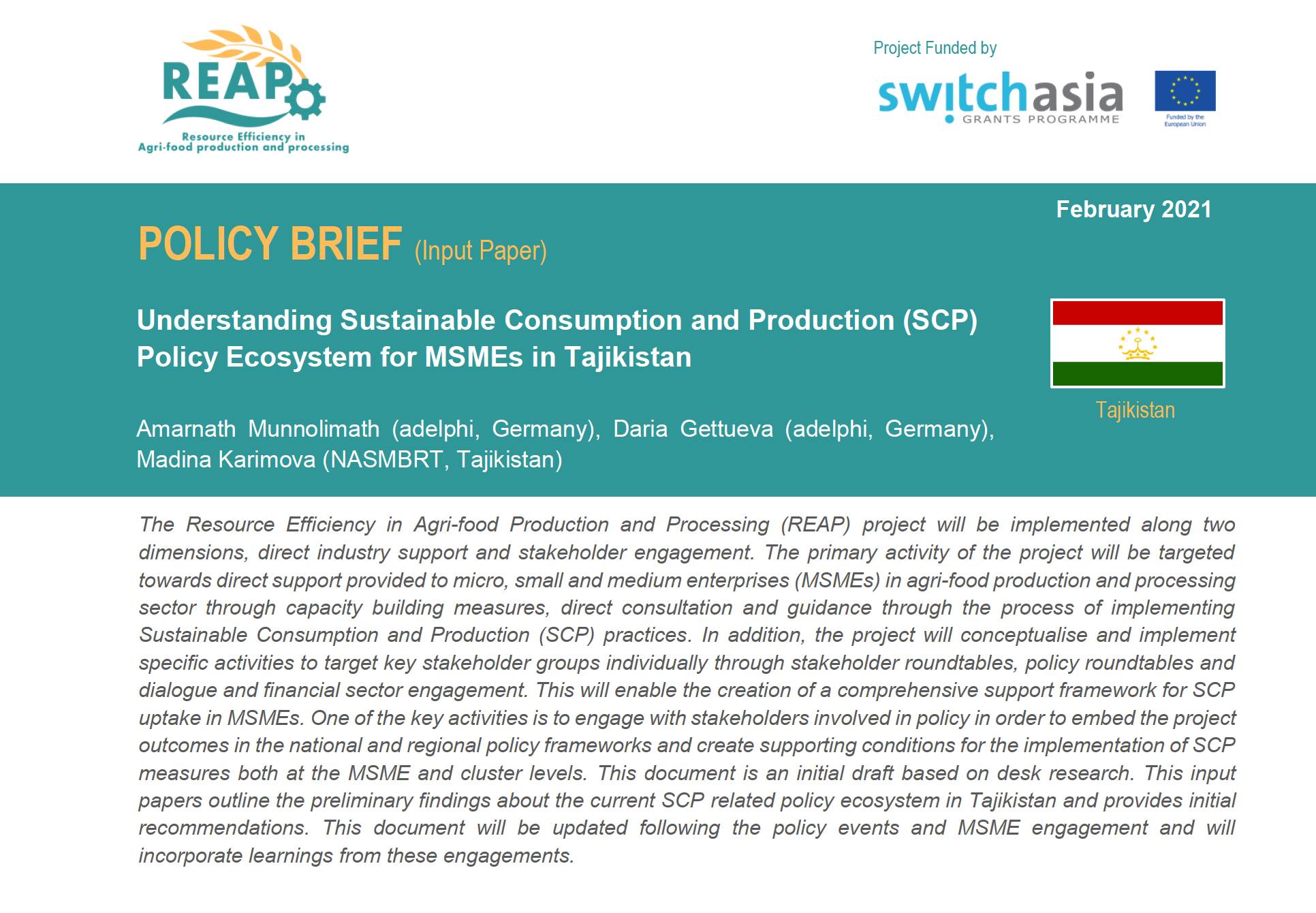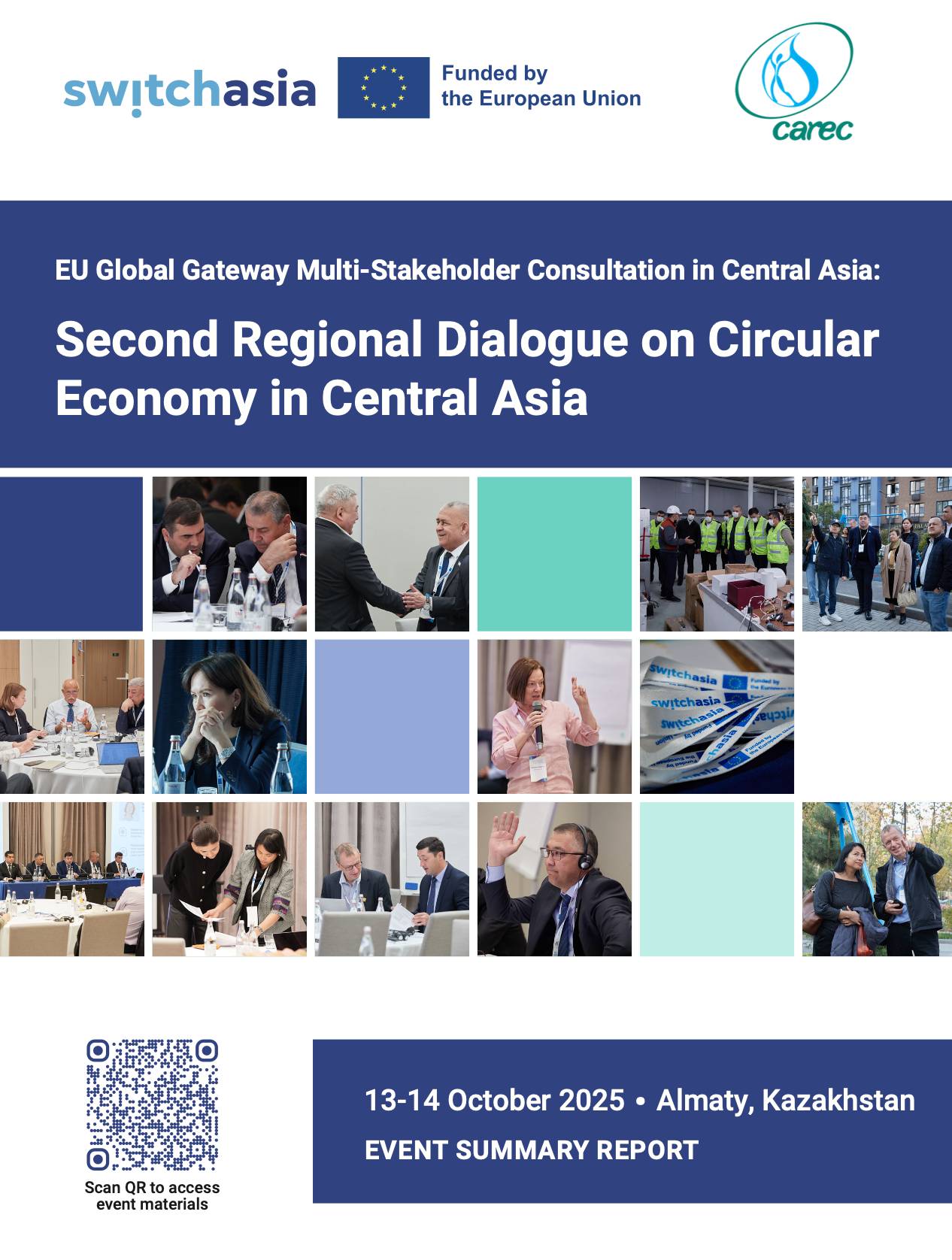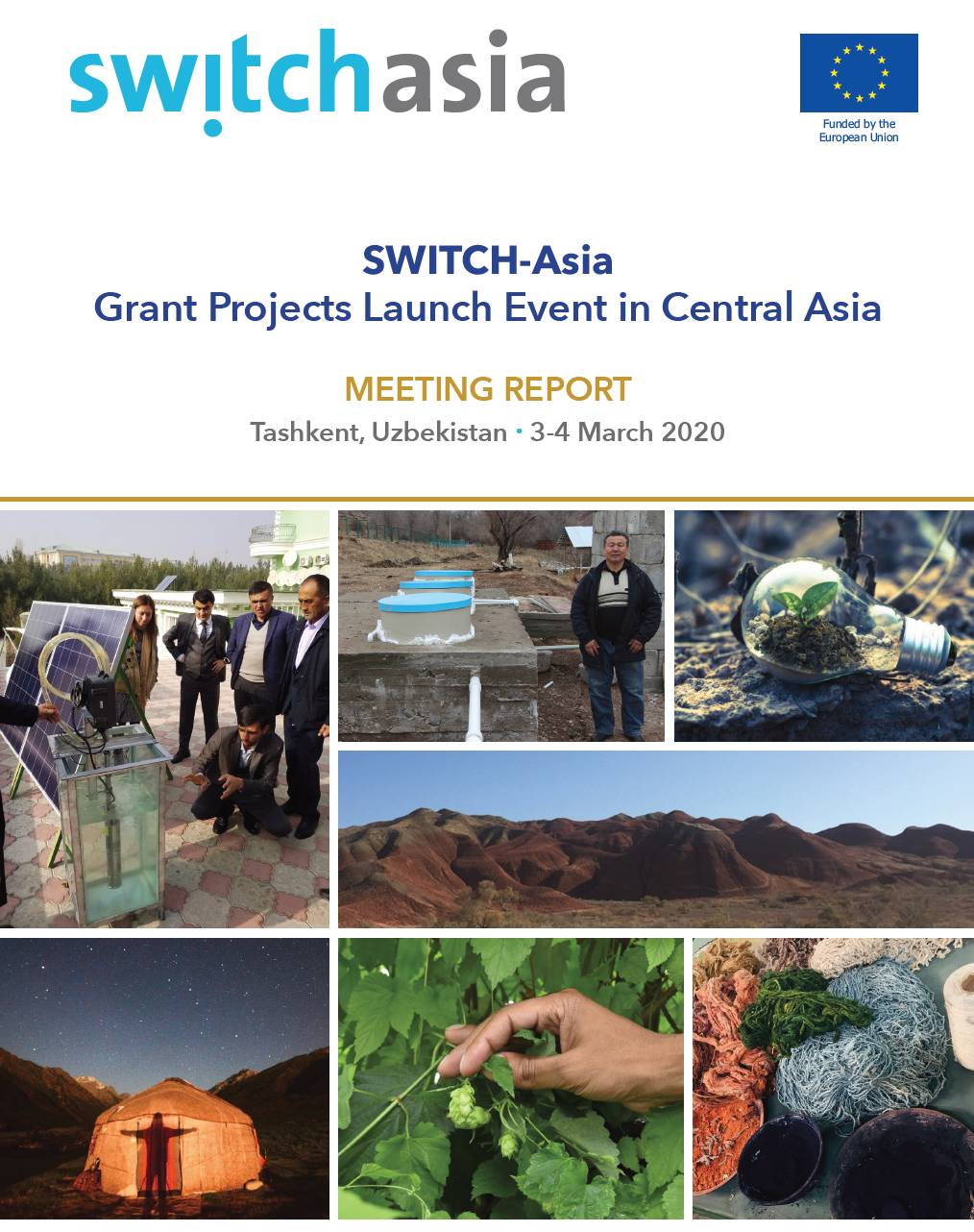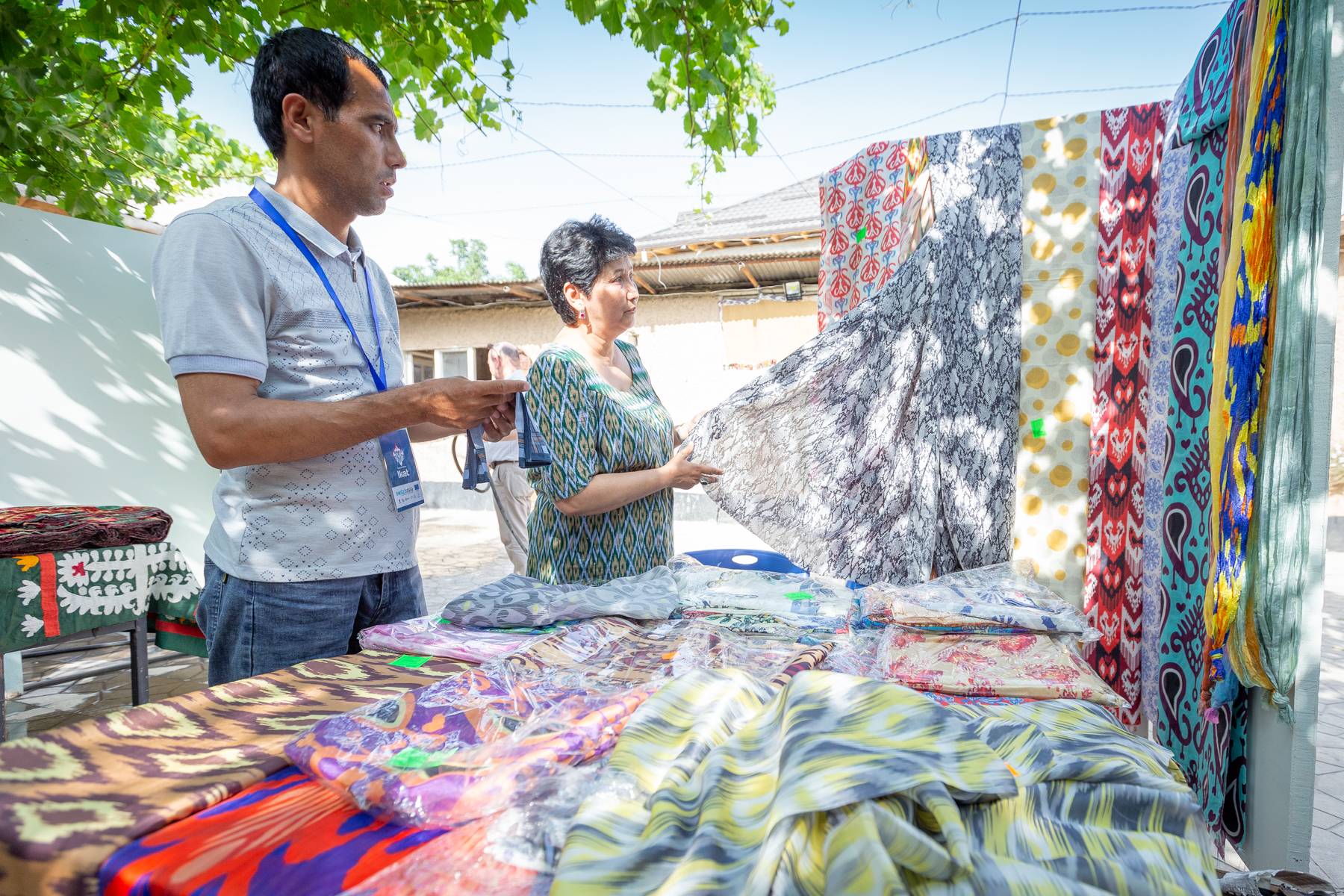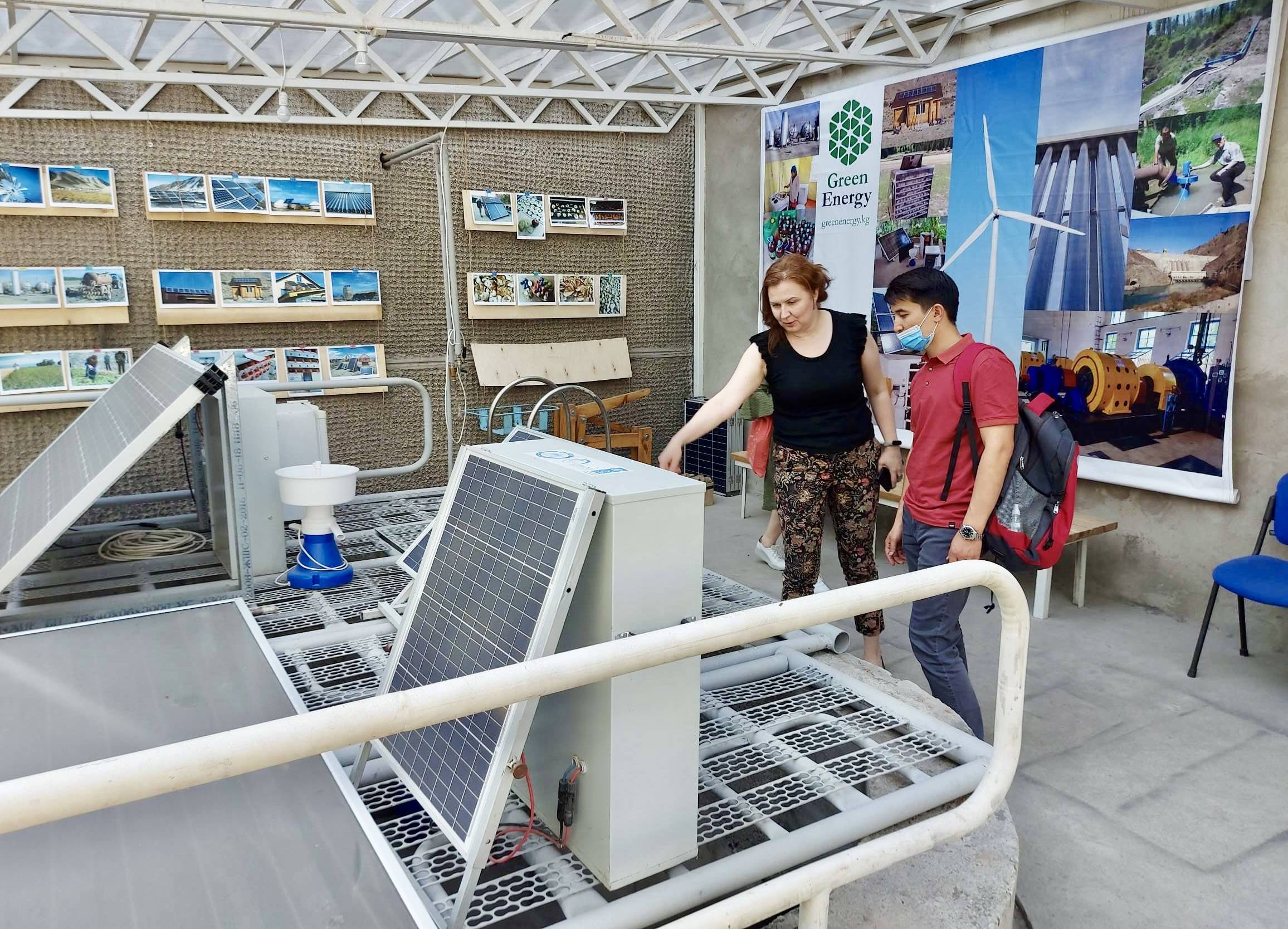
SCP policy perspectives
The National Development Strategy of Tajikistan up to 2030 aims to increase the living standards of the population on the basis of sustainable economic development Its objectives are: ensuring energy security, development of communication possibilities of the country, ensuring food security and nutrition, expansion of productive employment. In December 2022, Tajikistan’s Ministry of Economic Development introduced the Green Economy Development Strategy. In this context, the National Action Plan of the Republic of Tajikistan on responsible consumption and sustainable lifestyles has been developed in support to the implementation of a circular economy with a focus on the agri-food sector. Other important policies include: the Strategy for the Development of Tourism in Tajikistan until 2030and the Program for the Development of the Food Industry of the Republic of Tajikistan until 2030.
Central to Tajikistan’s plans for a green, resilient, and productive transformation is the Rogun hydropower plant (HPP). Projected for completion by 2037, the improved plant will meet domestic energy needs, fuel economic growth, and boost export revenues. The plant promises substantial welfare benefits to Tajikistan and Central Asia, will support decarbonization and fortify regional power systems, and transform the Tajikistan economy.
Connection to the Global Agenda
Tajikistan participated in a Voluntary National Review (VNR) for 2023. The 2023 VNR focused on issues of eradication of poverty through the improvement of living standards in Tajikistan. It is nearly on track on reaching Goal 1 (No Poverty) and Goal 10 (Reduced Inequalities). Based on existing trends, the goals related to good health and well-being, as well as gender equality are not regressing. However, environmental challenges and vulnerabilities remain significant, particularly in the context of climate change. Tajikistan considers itself among the countries to initiate water discussions at global level. The country hosted several High-Level Water Forums. Tajikistan is a signatory of the Conventions of Montreal, Basel and Stockholm.
A key solution to Climate Change
Tajikistan is a source of more than 70% of water resources of Central Asia. Currently 98% of electricity in Tajikistan is generated by hydropower plants. Tajikistan is among the countries with almost zero contribution to greenhouse gas emissions. The country submitted its revised NDC in October 2021. Tajikistan's revised NDC commits to a 40-50% reduction in emissions by 2030 compared to 1990 levels, conditional on international support. The country also set an unconditional emissions reduction target of 30-40% by 2030 compared to 1990 levels. The revised NDC expands adaptation in the energy, water, agriculture, forestry, and transportation sectors.
Climate change complicates the nation’s ability to reduce poverty, already limited by scarce economic resources. The areas most affected by these limitations are glacier-dependent river basins, fragile mountain ecosystems, and isolated forests. Without adaptation, poverty is projected to be higher by 1 percentage point by 2030; this would push more than 100,000 more people into poverty[1].
Tajikistan’s updated NDC identifies “resilient urban infrastructure to reduce exposure to climate risks” as part of the measures to be taken to address climate change in the country. Poorly managed waste not only serves as a breeding ground for disease vectors, but also contributes to global climate change through methane emissions from anaerobic decomposition of waste. Solid waste management is therefore an important element for green, circular and sustainable cities[2].
Priority sectors
Tajikistan has a great potential for more sustainable agricultural production. One important issue is the introduction of green technologies and green infrastructure in agricultural production. Another relevant aspect is increasing the production and processing level of environmentally friendly, especially organic, agricultural products. Tajikistan also requires support for increasing awareness about SCP practices among MSMEs, especially in the tourism and the textiles sectors. Finally, improving solid waste management in Dushanbe will set the city on a path towards a circular economy, in which resources are re-used and waste is minimized.
[1] World Bank (2024), Country Climate and Development Report; https://www.worldbank.org/en/country/tajikistan/publication/ccdr
[2] World Bank (2023), Project Information Document ‘Dushanbe Sustainable Urban Development Project; https://documents1.worldbank.org/curated/en/099173002242329313/pdf/P17963005a16330a097290effb0df8297e.pdf
A look back at milestones that shaped our work
2019
SCP Facility
- Preliminary assessment of SCP related policies, activities, needs/gaps, and opportunities.
2021
- Analysed and assessed consumption patterns in the food, textiles and garment sectors, including laws, regulations, procedures and instructions of the line Ministries/Committees to incentivise responsible and more sustainable consumption behaviours.
- Conducted a survey on farmers and producers' activities in the agri-food sector and analysed the consistency of the current consumption model against local and international requirements for sustainable consumption.
- Prepared a comprehensive mapping of stakeholders, consumers, retailers, farmers, NGOs and raised awareness on the roles they can play in improving sustainable production, processing, distribution and consumption patterns, including reducing and preventing wastes.
- Examined international experience on behaviour change tools such as standards, traceability, Integrated Pest Management (IPM), certification and labelling, supply chain specifics in agri-food and shared this knowledge with targeted stakeholders. Suggested platforms to facilitate information exchanges between consumers, farmers and retailers on behaviour change and sustainable lifestyles, and use of ICTs to reduce waste and increase transparency of the whole value chain in order to encourage responsible consumption.
- Organised two awareness raising events for selected group of schools and retailers, including delivery of calculation footprint to illustrate Greenhouse Gas (GHG) emissions reductions and enhancing consumption patterns responsible for healthy lifestyles.
2022
- Elaborated Action Plan on Responsible Consumption and Sustainable Lifestyle in support to Circular Economy delivery with an in-depth assessment of the context and needs of the agri-food sector and prepared a policy framework document to guide related actions by the Government and concerned stakeholders.
- Organised two Multi-stakeholder Dialogues in Khatlon Region to present the Action Plan and consumer tools, as well as how to use designated platform to facilitate information exchanges between consumers, farmers and retailers to engage in more responsible consumtpion choices and sustainable lifestyles.


